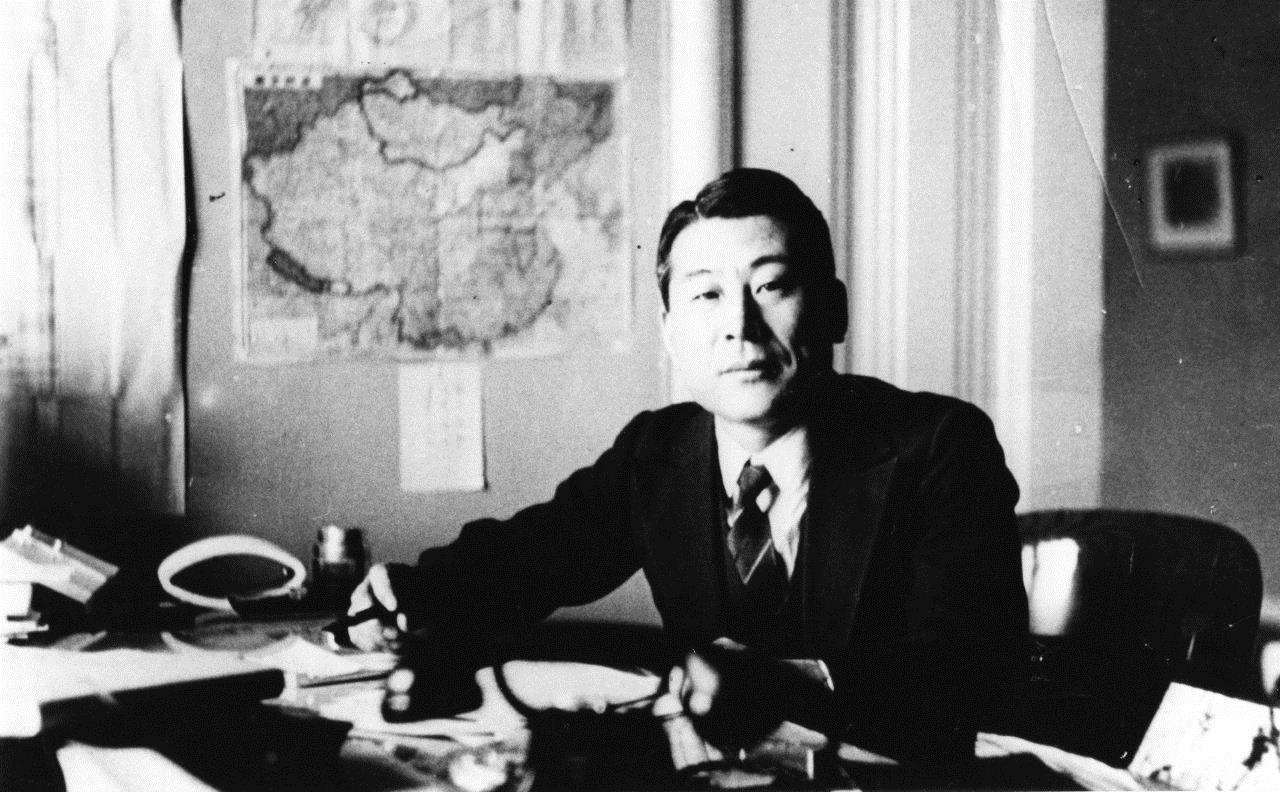Chiune Sugihara, Japanese consul in Kaunas, Lithuania, awoke on the morning of July 18, 1940, to a disturbing sight. He peered through the curtains of his bedroom window just before 6 a.m. Sugihara and his wife had been living in the consulate building since their arrival at the end of August 1939, just a few days before the German Army advanced into Poland.
"The street that the bedroom window of the consulate faced," Chiune wrote in a memoir more than four decades later, "was suddenly filled with the din and clamor of a large group of people."
About 100 people had already lined up that morning, some pushing against the iron railing of the consulate fence.


















With your current subscription plan you can comment on stories. However, before writing your first comment, please create a display name in the Profile section of your subscriber account page.